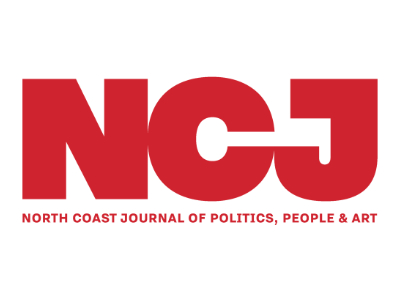
Recently Mad River Community Hospital faced the prospect of selling out to a corporate group from Texas. Is Mad River Hospital now an endangered species like so many of our rural hospitals? Recently, Blue Shield and Providence (the conglomerate owner of St. Joseph’s Hospital) struggled with a contract dispute that could have banished many people from the Providence system. In Humboldt County, it’s nearly impossible to find even primary care while affordable dentistry and specialty care are even more daunting. The dispute was finally settled — for now — with no guarantees for the future. Some 100 million in the U.S. struggle with medical debt, totaling $140 billion, according to a New York Times report, a crippling financial burden and the greatest cause of bankruptcy in our nation. Not to mention inability to access health care that causes the loss of life and health of millions of residents. What can be done to repair our disintegrating healthcare system? Sixty years ago President Lyndon Johnson ushered in the revered and necessary program of Medicare. Conservative forces almost immediately compromised that program by demanding a “skin-in-the-game” 20-percent co-pay on Medicare’s Part B, a move that set the scene for increased weakening of Medicare as a safety net for elders and the disabled. The “Balanced Budget Act of 1997” created “Medicare + Choice,” a forerunner of Medicare Advantage (MA), an assault on traditional Medicare that consummated a 30-year project of the ultra-conservative Heritage Foundation. As Dr. Robyn Stone, assistant director of health and human services under President Clinton, observed, Medicare Advantage was the “beginning of the end of entitlements for the Medicare Program.” The flaws of MA are legion and now well-publicized. Despite offering programs with little or no premiums and sweetened by promises of tasty perks like “help” (marginal and often not widely available) with dental and vision bills plus other pseudo-enticements in the form of gym membership and even groceries, MA enrollees feel initially satisfied. As long as they stay relatively healthy, those perks and low premiums are almost impossible to pass up, especially for poorer folks. But later on, prior authorization requirements produce delays and denials of care, while need for specialized care puts people out of network with unknown and often perilous cost. Returning to traditional Medicare becomes nearly impossible. The Center for Medicare and Medicaid Services (CMS) keeps warning that “Medicare is going broke.” Here’s why: the largely…
The Path Toward Medicare for All

